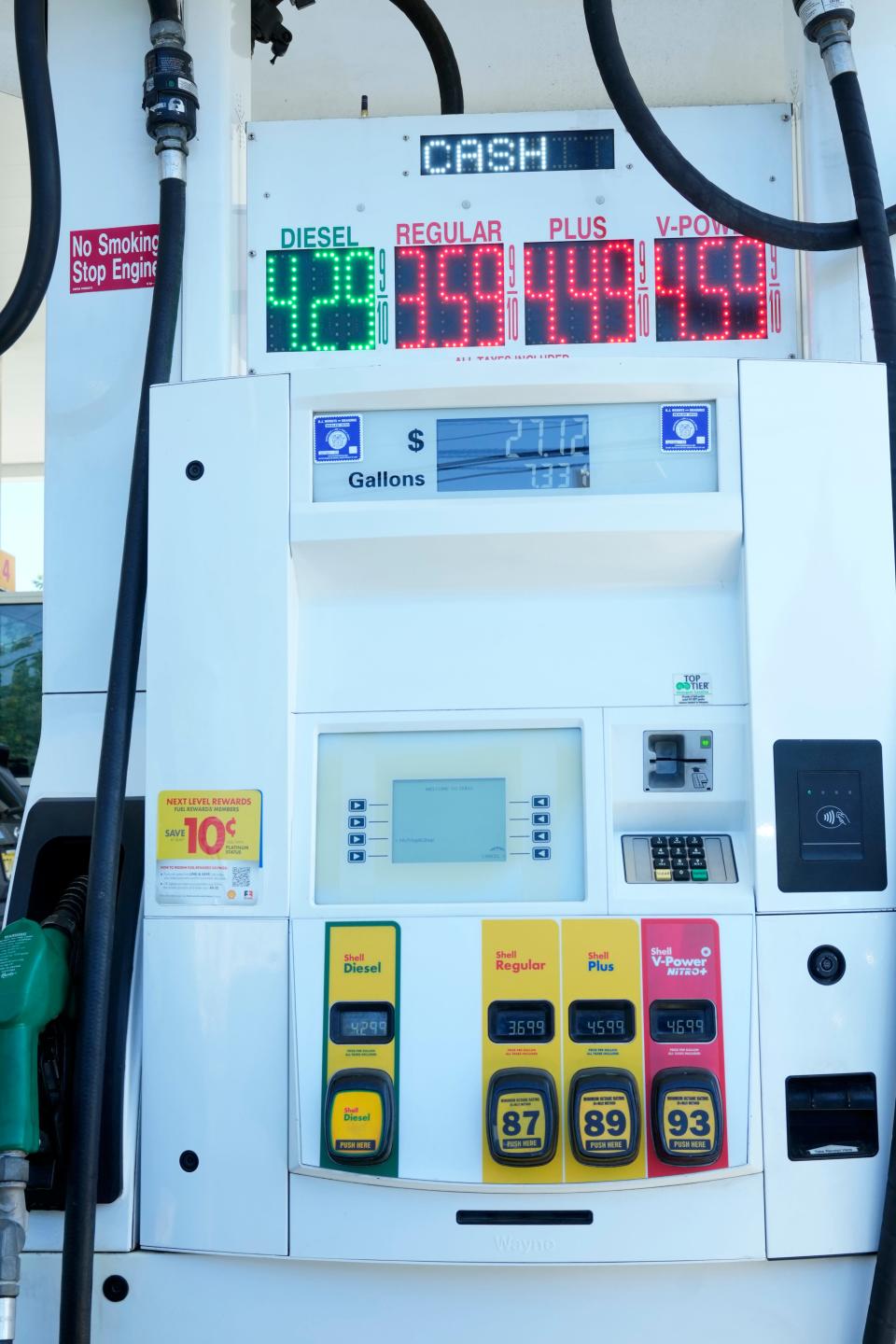Government lawsuits threaten consumers’ pockets and do little to help the environment
American courts cannot solve climate change — yet cities and states continue to try.
A few weeks ago, California became the latest government to file a lawsuit against major energy companies, joining New Jersey, Hoboken and more than two dozen other local and state governments around the country to file such suits. These lawsuits allege that companies that sell energy should pay billions of dollars for infrastructure upgrades, because energy is a contributor to climate change.
However, this money is not free. If these lawsuits are successful, companies will raise the price of energy for all of us.
In fact, environmental advocates and lawyers for local governments have actually stated that the goal of climate legislation is to raise the cost of energy. They believe forcing companies to raise the price of the energy they don’t like, such as from fossil fuels, will make it too expensive for people and businesses, thus decreasing the amount used.
However, this effort will harm American consumers and is not based in economic reality.
First, the elasticity of demand for gasoline is extremely low, meaning people cannot change purchasing behaviors and use less energy simply because the price goes up. Their cars, homes and businesses rely on these fuels, and they do not have the choice to avoid them. So, if these lawsuits cause energy companies to raise their prices, it will not lead to a reduction in fossil fuel use. It will just lead to higher prices. Families and businesses facing these economic pressures will skimp elsewhere.

Second, the persistent demand for energy cannot be satisfied with other fuels at a reasonable cost. There are no low-cost, renewable substitutes for the amount of energy society consumes. Despite companies diligently working to create more sustainable energy sources, the U.S. Energy Information Administration estimates that the United States’ reliance on petroleum will be about the same in 2050 as it is in 2023.
This means consumers will end up absorbing the cost of these lawsuits by paying higher energy bills. Prices have already been rising, given that inflation is up over 17% since 2021, and families and businesses can hardly afford to pay more when they are not going to see any value for these added costs.
Further, energy companies should not become the funders of local and state governments. The federal government has made billions of tax dollars available to local and state governments for climate adaptation projects, and communities can already spend money from their own budgets on clean energy. So they have other sources for the money they say they need.
In addition, climate change is a byproduct of today’s energy-intensive society. So while it may be true that climate change intensified Superstorm Sandy, as the city of Hoboken alleges in its lawsuit, that does not mean any individual energy producer can or should be assigned liability for that event. It would be akin to blaming one potato chip company for high obesity in the U.S.
Blame climate change: The right is wrong about off-shore wind. Climate change and pollution are killing whales
More from Danielle Zanzalari: This is why it’s time to revisit New Jersey’s clean energy options
Federal courts have recognized these basic legal and economic facts. In 2021, the 2nd U.S. Circuit Court of Appeals dismissed a case brought by New York City stating that even if the allegations were true, no single entity could be legally liable for global climate change. The court previously noted that “emissions in [New York or] New Jersey may contribute no more to flooding in New York than emissions in China.”
Instead of this climate litigation, lawmakers should focus on tangible solutions that can actually reduce carbon emissions. As I suggested in a piece for NorthJersey.com, The Record and the the USA TODAY Network, New Jersey can reach its goal of 100% clean energy by 2050 only if the governor and Legislature align their energy policies with economic realities. This involves supporting clean energy projects, from nuclear to wind investments. Our tax dollars can and should produce real climate dividends.
Sometimes, economics, science and facts differ from ideology. They do here. These ideologically driven climate lawsuits are not worth pursuing because they can harm people economically and produce no benefits to the fight against climate change. The elected leaders bringing these cases should reconsider them, and the courts should continue to dismiss litigation that has no factual or legal merit.
Danielle Zanzalari is an assistant professor of economics at Seton Hall University, a Garden State Initiative contributor and a Young Voices contributor. She researches bank regulation and personal finance.
This article originally appeared on NorthJersey.com: Climate lawsuits: Consumers cannot benefit

